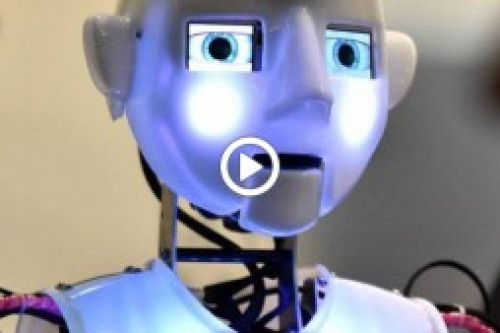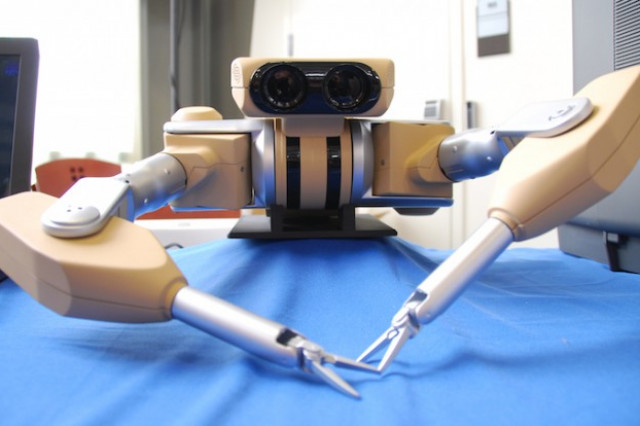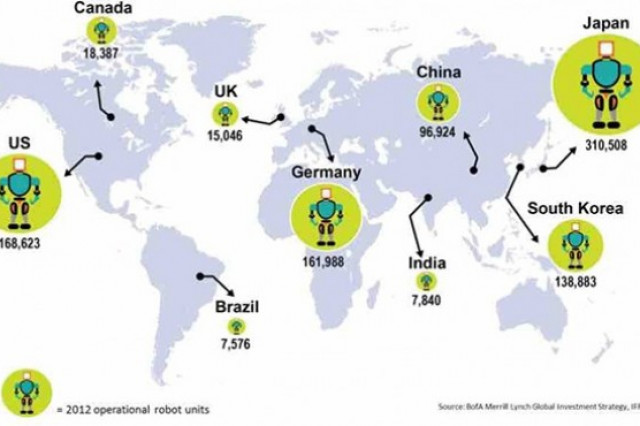Benoît Hamon was the winner of the second round of the Socialist Party's primary election in France, with 58.72% of the votes cast, compared to former Prime Minister Manuel Valls, who won 41.28% of votes.
Benoit Hamon -Julio Feo Zarandieta reports from Paris, for "Journalist in Spanish"- defends leftist proposals, such as abrogation of labour law, reduction of working week, universal social subsidy and restructuring of fiscal policy, a vision of a more just society, humanist and not subject to the imperative of productivity and financial benefits, the ecological transition in the fight against industrial lobbies, as well as the establishment of a sixth Republic to modify the current institutions. Proposals that aligns him, in a large part, with those defended by Jean Luc Melenchon.

"A programme that has earned him the status of "utopian" and "leftist" by the faithful guardians of the current electoral system, explained Julio Feo, adding that "in France, as in Europe, when the serious press did not commit so many excesses, the extreme extra-parliamentary Left was often correctly described as a "leftist", which advocated revolution, without having to go through the polls. But the commentators of the big television media have now decided that the extreme left begins at Hamon, the extreme-extreme in Melenchon, extreme-extreme-extreme in Arlette Laguillier or Olivier Besancenot, and without regard to other libertarian currents (...) At this rate in two days, they are going to explain to us that François Fillon and Emmanuel Macron are dangerous leftists against Marine Le Pen. "
"Robots" are nothing other than machines
In this context, it is not surprising that the media caste, including the think tanks (which, as Soledad Gallego-Díaz in "El País" is says, is replacing the military as the greatest danger for democracy), against Hamon, putting at the forefront, not their general proposals, their discourse or their mood, not even the question of the universal social wage, but "robots". Thus, the staff (who are clearly making clear that they want a left turn) are misled and may end up dreaming, as in the novel of Philip K. Dick, about electric sheep, instead of being interested in the problems that really affect us.
In addition to putting the cart (robots) before the horse (universal social wage), the neoliberal status quo does so with in maliciously intentional reductionist language, in which it associates technology and what we all mean by machines to "robots" which in the collective imagination are perceived rather as disquieting objects of human aspect, which are good for almost nothing. The so-called "robots", which we are going to have even in the soup, are nothing but machines, more or less complex, but machines in short and nothing else. And we people know a lot about machines, because they are as old as the human condition itself. And always, machines have replaced humans because that is their reason for being. We have been creating them to perform tasks that were costly in terms of physical effort, time, resources... And, of course, such a thing leads to losses, for example tasks, jobs and professions and, consequently, it generates alarm. Therefore no wonder that the "Luddites" broke up the new looms and spinning machines at the beginning of the nineteenth century, to those who blamed them for the degradation of their jobs, which was real.
And we people know a lot about machines, because they are as old as the human condition itself. And always, machines have replaced humans because that is their reason for being
But thanks to machines we have also been freed, for example, from physical efforts, which makes the biblical curse of work (you will gain your daily bread with the sweat of your brow) begin to be nonsense. With the domestic washing machine the profession of washerwoman (to whom Marisol sung not long ago), the trucks finished off the muleteers and so on ad infinitum. In this sense, it seems commonsense that technological development is a trend that we must take on board as, for example, that of globalisation. Another thing is how to leave it to its own free will (laisser faire laissez passer), how does it proclaim liberalism or regulate, establishing rules, controlling it so that it does not end up controlling us?
One form of control, not the only one of course, is through taxes, not only understood so as to be able to pay the universal social wage but, beyond that, as a way of managing the technological implementation. Of course, this must be accompanied by many other initiatives, not only at national level but also at global level. But of course, "the robot tax discourages the robotization of the economy", the conservative French newspaper "Le Figaro", complains for example, citing the think tank Génération Libre. Just as the suppression of tax havens discourages financial speculation, just as non-offshoring discourages companies or that anti-drug laws, for example, discourage drug trafficking.
The social wage does not depend on a "robot" tax
The universal social wage does not depend on or is associated with a tax on "robots", as the neoliberal chorus shouts. In fact, Podemos have raised the question in Spain, pointing to traditional taxes as a means of financing them, but also at the same time improving the way they are perceived and distributed. Because, as Andrew McAfee argues, perhaps it is not so much a matter of taxing machines with new taxes (especially if they are difficult to design and collect), rather making the current ones pay. This is clearly not happening, and sometimes scandalously so, as is the case of large technology companies based on small islands, with no recognizable activity in any country, even though they bill billions.
Many people in many places rebel against globalisation and end up rebelling against machines and against what is needed, not so much for the fact itself, but for the savagery and impunity with which it is being done
This leads directly to the heart of the matter, which is none other than politics. "Robot taxation", of course the universal social wage and, of course, globalisation are absolutely political issues. And, as we all know, politics is behind, far behind, in technology and globalisation, and that’s the way we do things here. Just as trying to hold back the tide, as the popular saying goes, it makes no sense to limit the development of technology or prevent companies from seeking competitive advantages around the world. The issue is in the how and the why politics, in the present state of the matter, transcends national boundaries and is directly at odds with nationalism. It calls for global agreements such as, for example, something as simple as the elimination of tax havens.
Is this discrepancy between technology, globalisation and politics a coincidence? No, of course not. No one is in any doubts that the self-interest of money and all that goes with it hinders, slows down and impedes the development of laws, rules of the game (tax included, of course) capable of allowing us to regain control of things. And so what happens, happens.
Many people in many places rebel against globalisation and end up rebelling against machines and against what is needed, not so much for the fact itself, but for the savagery and impunity with which it is being done. And the solution is not, as the President of the United States proclaims, to go back (by supporting those who benefit most from the current state of affairs), but to go much further and faster in the control of things, in being much more political and, of course, left leaning.









